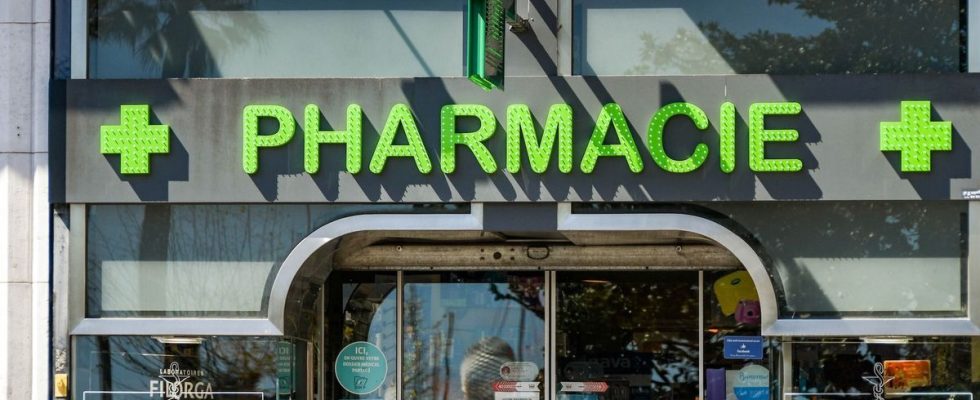Published on
Updated
Reading 2 min.
From January 2024, pharmacies in Occitanie, Centre-Val de Loire and Corsica will be able to provide prescription medications directly to people in need. Discover the pathologies concerned and the conditions of this experiment already in place in Brittany.
Since this year, pharmacists can dispense medications and antibiotics for tonsillitis and cystitis. They will have to test the patients to ensure that the infection is indeed of bacterial origin. In addition, in the event of a shortage of medications, they will be able to issue them individually. But in certain pharmacies, a device will allow the treatment of 6 different pathologies.
6 clinical situations concerned in 4 regions
From January 2024, Occitanie, Centre-Val de Loire and Corsica are experimenting with the treatment of six different pathologies directly by pharmacists. This device called Osys was already in place in Brittany, and more than 70 pharmacies are already participating.
Six clinical situations are affected by this measure: simple wounds, tick bites, cystitis, 1st degree burns, sore throats and conjunctivitis. During the experiment in Brittany13 pathologies were initially concerned before the system was refocused on the six above.
This possibility is in addition to the possibility offered to all pharmacies to dispense medicines treating cystitis or angina without a prescription.
Around a hundred more pharmacies in 2024
Depending on the criteria used in the experiment (presence of several pharmacists in the pharmacy, location, etc.), the number of pharmacies for this experiment should be 21 in Corsica, 40 in Center Val de Loire and 40 in Occitanie. .
The territories concerned will bring together urban areas, favoring areas in tension or medical desertification, rural areas or areas more prone to difficulties in seeking care and seasonal areas in which activity is increased in high season.
Concretely, the patient’s care pathway
Depending on this assessment, the patient will be taken care of by the pharmacist, or referred to a medical consultation (teleconsultation or office visit) or to an emergency service. Certain patients cannot be treated as part of this experiment (immunocompromised patients, suffering from certain chronic pathologies, very young children, etc.).
Depending on the assessment, prescription medications may be dispensed by the pharmacist if necessary. This support is currently free for the patient. The patient’s treating physician will be informed of the dispensing of medications by the pharmacist.
All participating pharmacists must have completed prior training. Some have been completed since November and others continue to be planned. The trial is expected to last two years.
Saved visits to the emergency room and to the doctor
According to first figures from the experiment carried out in Brittany and reported by ARS Bretagne: since the fall of 2021, the pharmacists involved in the experiment have taken care of some 1,800 situations. To the question “What would you have done if this service did not exist”: 39 % of patients indicated that they would have gone to see the doctor and 5% that they would have gone to the emergency room. 702 patients would therefore have gone to see a doctor directly: the experiment avoided 420 medical consultations and 90 patients would have gone to the emergency room: the experiment avoided 68 trips to the emergency room.
